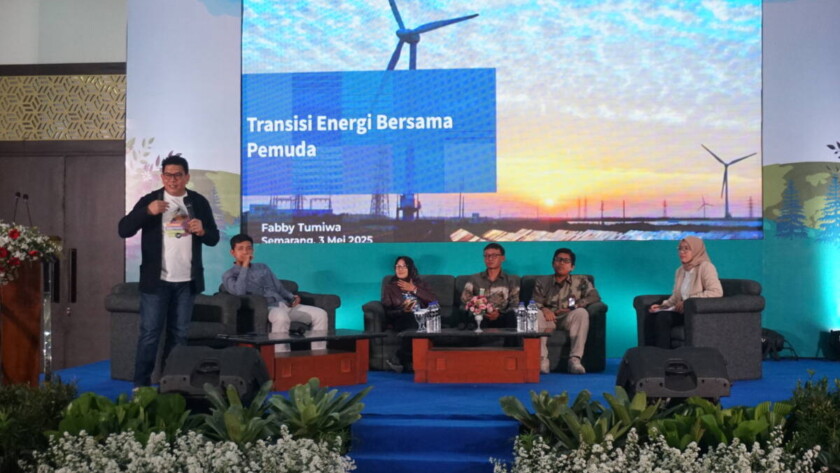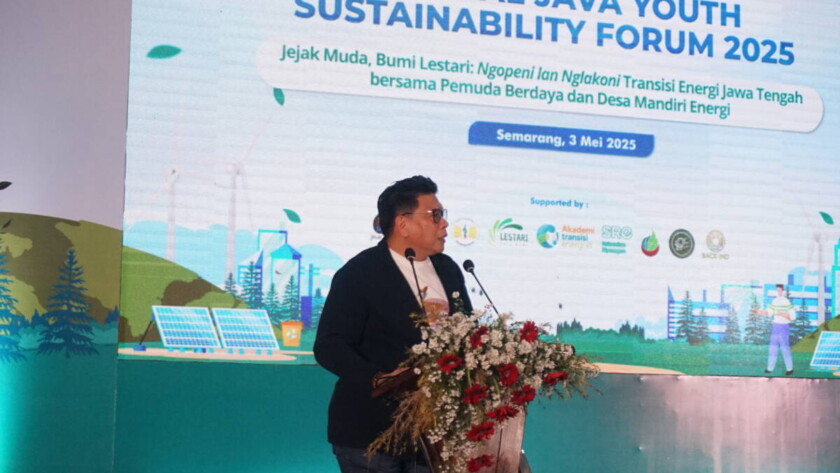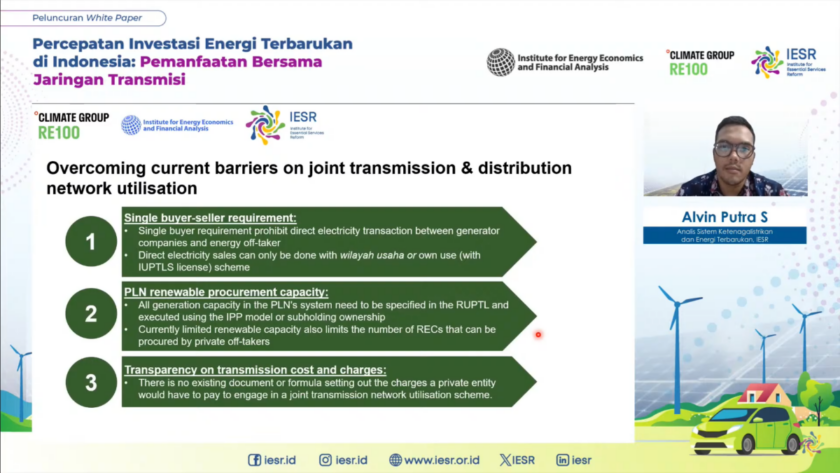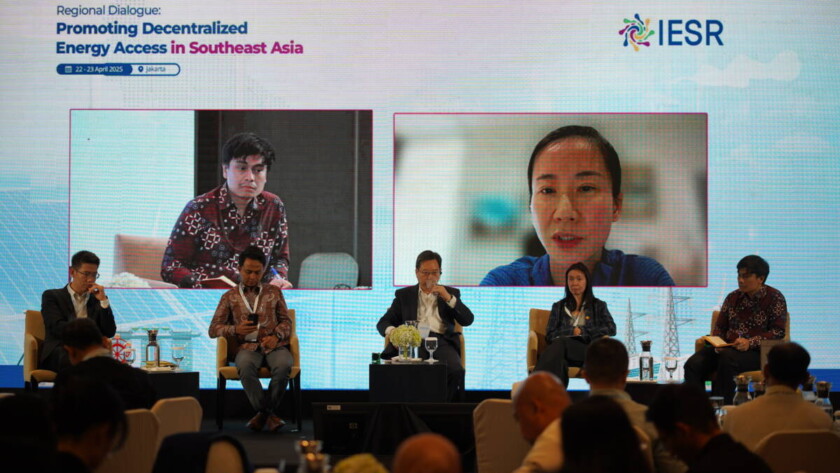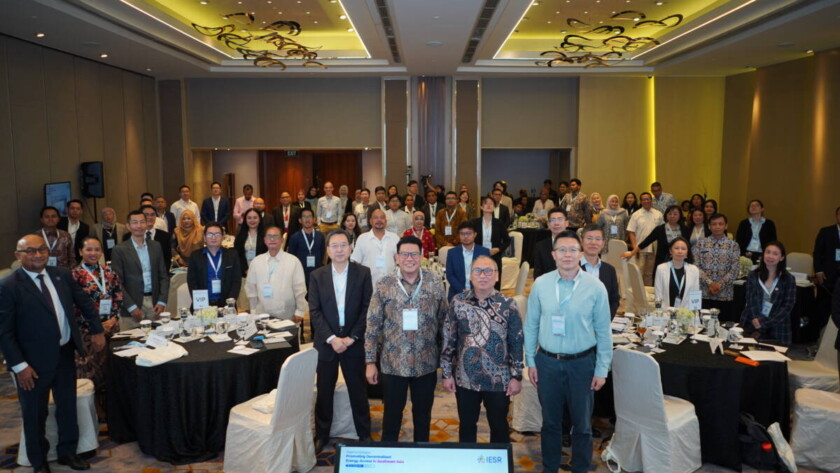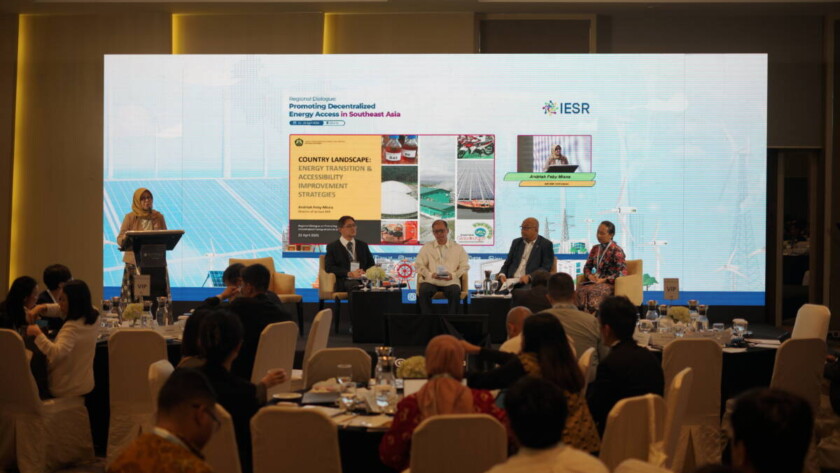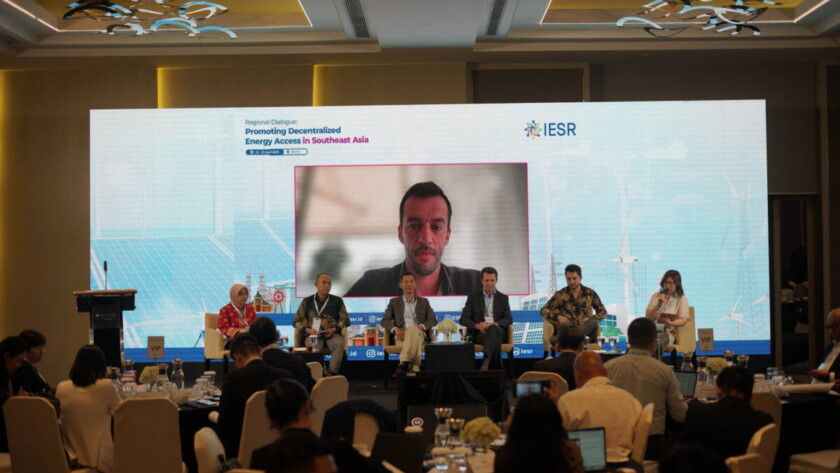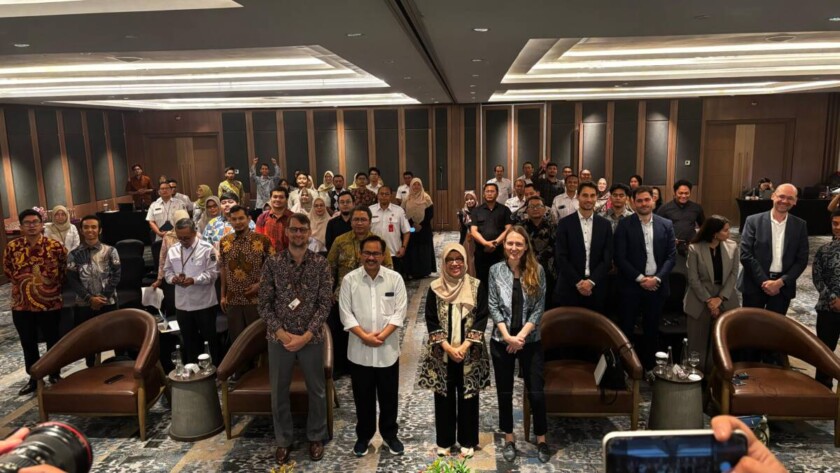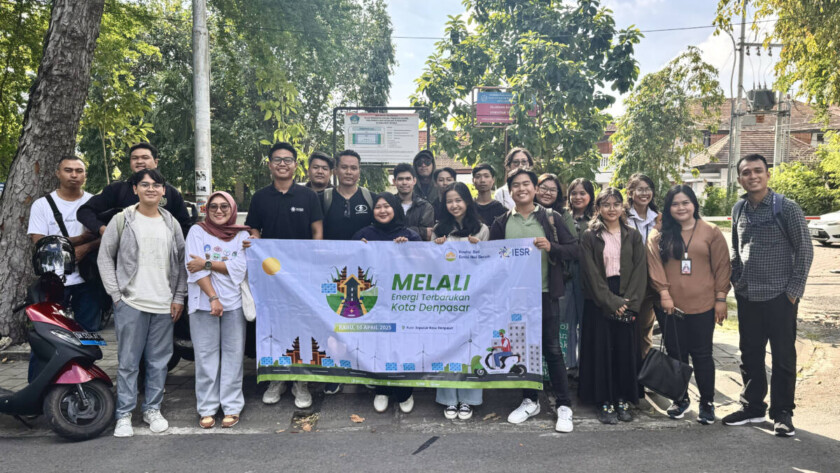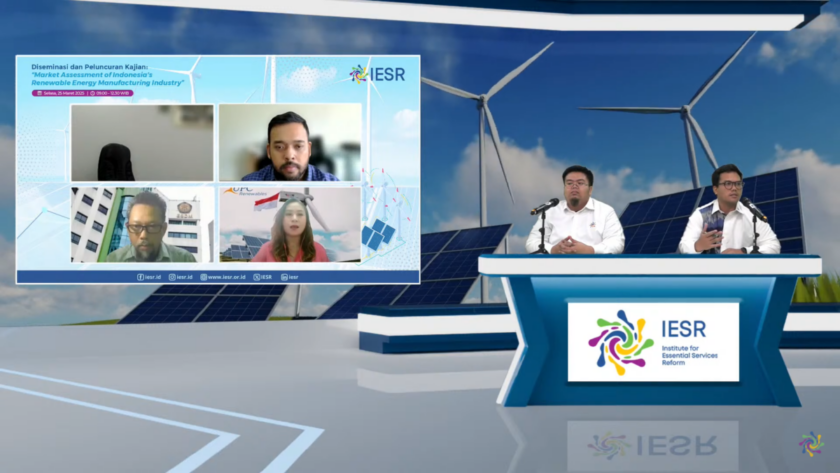Jakarta, May 5, 2025 – The Institute for Essential Services Reform (IESR) is advocating for the inclusion of Shared Use of the Transmission Network (PBJT) in the draft Law on New and Renewable Energy (RUU EBET) to support large-scale renewable energy utilization.
As a concrete step, IESR held a hearing with Commission XII of…


